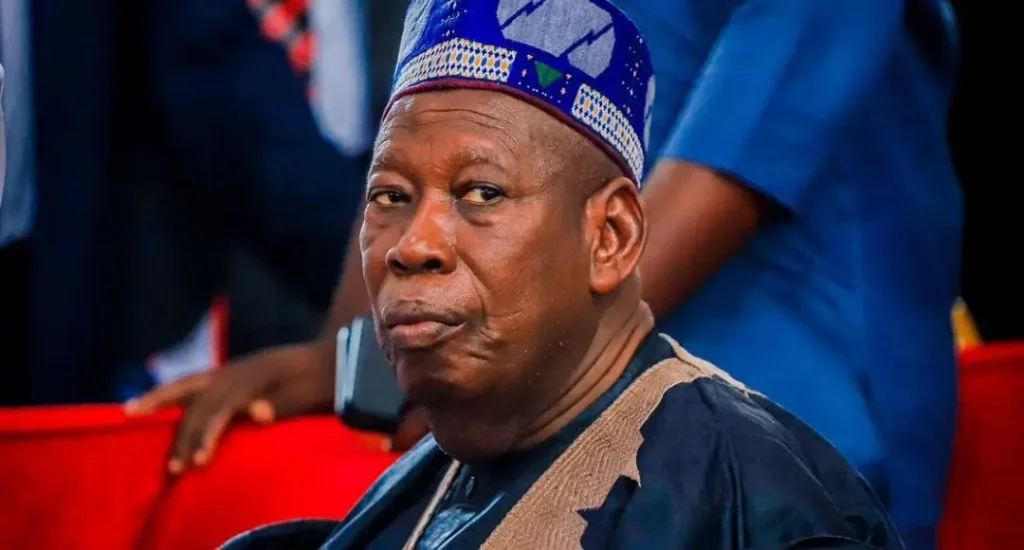Nigeria’s anti-corruption agency and engineering regulatory body have joined forces to address systemic failures in construction standards, aiming to curb corruption, preventable building collapses, and the misuse of public funds. The Independent Corrupt Practices and Other Related Offences Commission (ICPC) and the Council for the Regulation of Engineering in Nigeria (COREN) formalized the collaboration through a Memorandum of Understanding (MoU) signed in Abuja on Thursday.
The agreement, endorsed by ICPC Chairman Dr. Musa Adamu Aliyu and COREN President Engr. Prof. Sadiq Zubair Abubakar, establishes a framework for enforcing accountability in public infrastructure projects. Aliyu emphasized the urgency of halting “ghost projects” — fictional initiatives used to siphon public money — and substandard construction, vowing to prosecute offenders through legal and professional channels. “Nigerians deserve quality infrastructure and full value for public funds,” he stated, pledging joint investigations into engineering malpractice and resource mismanagement.
COREN’s technical oversight will bolster the ICPC’s Constituency and Executive Projects Tracking Initiative (CEPTI), a program auditing government-funded developments. The partnership seeks to ensure compliance with approved designs and safety protocols, particularly amid recurring building collapses that have claimed lives across Nigeria in recent years. Aliyu described these incidents as preventable tragedies, urging COREN to act as the commission’s “eyes on the ground” by identifying hazards and unqualified practitioners.
“We must stop this cycle before more lives are lost,” Aliyu said, stressing that engineers who bypass regulations will face sanctions from COREN’s disciplinary board and potential criminal prosecution. The collaboration also targets corruption in project certification, where officials sometimes approve incomplete or unsafe structures.
Abubakar affirmed COREN’s commitment to rigorous enforcement, calling the MoU a “renewed pledge” to elevate ethical standards and public trust. “This is about professional excellence and national development,” he said, noting the agreement goes beyond symbolism to actionable accountability.
The alliance responds to longstanding public frustration over crumbling infrastructure and building safety lapses in Africa’s most populous nation. By merging anti-corruption oversight with engineering expertise, authorities aim to dismantle networks enabling subpar construction while restoring confidence in public projects. The move signals an intensified crackdown on practices that compromise safety for profit, with both agencies warning that negligence will no longer evade consequences.



